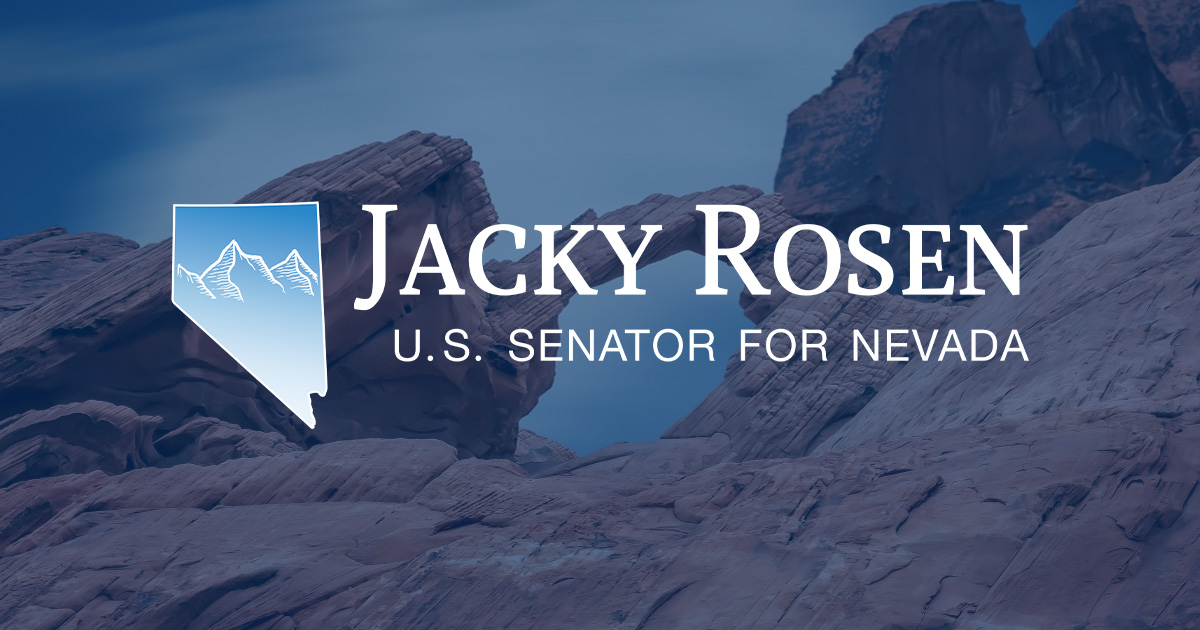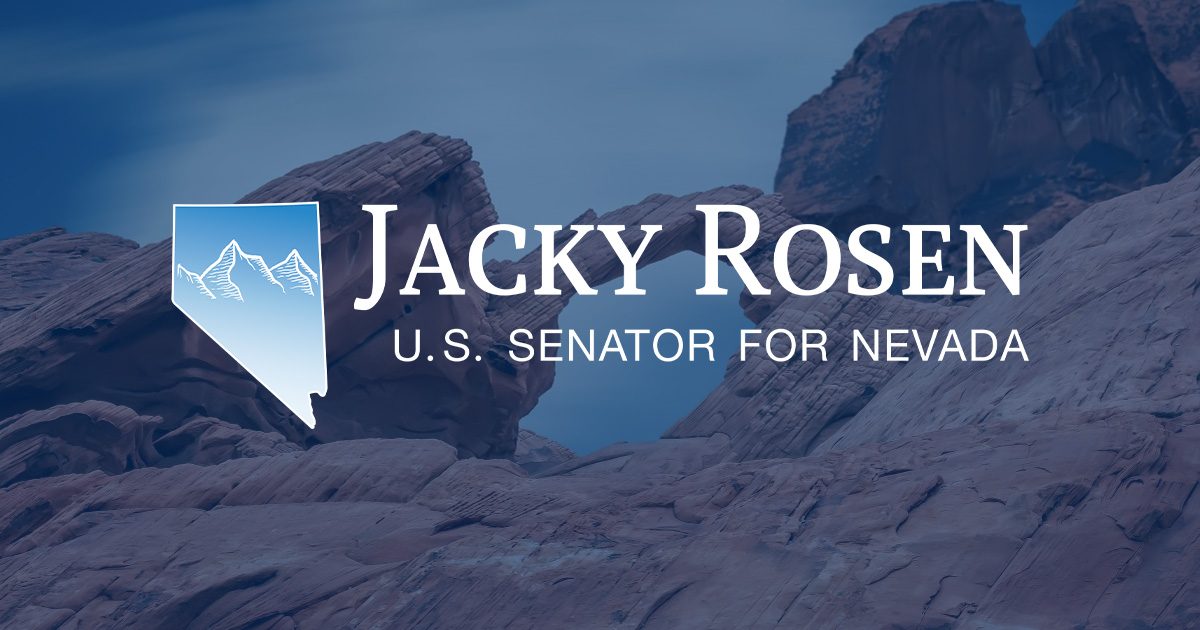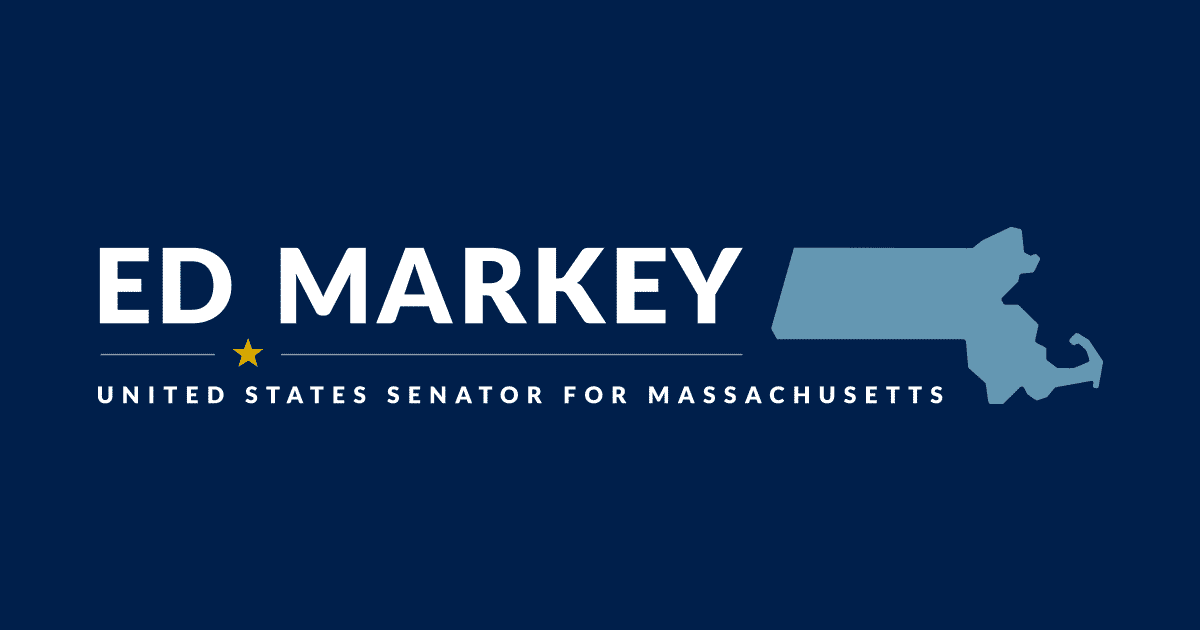Source: United States Senator for Illinois Tammy Duckworth
June 22, 2022
[WASHINGTON, D.C.] – U.S. Senators Tammy Duckworth (D-IL), member of the Senate Committee on Commerce, Science and Transportation, and Mazie K. Hirono (D-HI) led 12 of their colleagues in calling on the Transportation Security Administration (TSA) to address inconsistent implementation of the 3-1-1 Liquids Rule Exemption travel policy for breastmilk and formula at airport security checkpoints as well as ensure new moms and their infants can travel safely without fear of harassment.
“In several reported cases, individuals were forced to dispose of breast milk, cooling accessories or both in order to board their flights, others were harassed and humiliated, had expensive breast pumps destroyed, and even forced to undress,” wrote the lawmakers. “We need to understand why TSA’s policies are not being implemented properly, ensure that policies are clear and women can travel safely without fear of harassment and provide parents access to remedies for mistreatment.”
Under the TSA’s 3-1-1 Liquids Rule Exemption, travelers are permitted to bring formula and breastmilk in quantities greater than 3.4 ounces in carry-on baggage on board an aircraft as well as ice packs, freezer packs, frozen gel packs and other accessories required to prevent formula and breastmilk from spoiling. However, the overly vague policy has been inconsistently interpreted and enforced, resulting in numerous reports of TSA officials harassing lactating individuals and destructing breastmilk and expensive breastfeeding equipment.
In their letter, the Senators asked for clarification on the 3-1-1 exemption policy and requested an outline of the TSA’s efforts to increase awareness about the agency’s established screening processes and procedures, investigate reports of mishandled screening processes and provide training and resources to help ensure that agents will consistently enforce these policies. The lawmakers also highlighted the potential dangers of delayed pumping for individuals who are breastfeeding, and the dangers to infants if freshly pumped breastmilk is not stored properly.
“Delayed pumping leads to painful swelling of the breasts that can become engorged, which can lead to plugged milk ducts,” the lawmakers continued. “This can lead to mastitis, a bacterial breast infection and even a breast abscess, which often requires hospitalization and intravenous antibiotics.”
The letter requests that the TSA provide a response to their questions by July 6, 2022.
Along with Duckworth and Hirono, the letter was co-signed by U.S. Senators Patrick Leahy (D-VT), Tammy Baldwin (D-WI), Kirsten Gillibrand (D-NY), Amy Klobuchar (D-MN), Elizabeth Warren (D-MA), Bob Casey (D-PA), Sherrod Brown (D-OH), Dianne Feinstein (D-CA), Cory Booker (D-NJ), Richard Blumenthal (D-CT), Catherine Cortez Masto (D-NV) and Alex Padilla (D-CA).
Last week, Duckworth pressed TSA Administrator David Pekoske for improved treatment of new mothers and Americans with disabilities from employees of the TSA. Duckworth has also championed several policies that help make air travel easier for new moms and Americans with disabilities, including her Friendly Airports for Mothers (FAM) Improvement Act, bipartisan legislation ensuring that small airports across the country support new moms and promote breastfeeding-friendly environments, was signed into law in 2020. The legislation builds on Duckworth’s success in enacting a law that ensures all large and medium airports provide a clean, private space where moms can breastfeed or pump. Recently, O’Hare and Midway Airports both installed free-standing lactation pods for new mothers as a result of Duckworth’s FAM Improvement Act.
As a result of legislation that was passed by Duckworth, the Department of Transportation implemented a new rule requiring air carriers to disclose for the first time how many checked bags, wheelchairs and motorized scooters they damage or mishandle each month.
The full text of the letter is available here and below.
The Honorable David Pekoske
Administrator
Transportation Security Administration
6595 Springfield Center Drive
Springfield, VA 20598-6005
Dear Administrator Pekoske:
We write in response to multiple reports of the Transportation Security Administration (TSA) officials improperly implementing the agency’s 3-1-1 Liquids Rule Exemption travel policy for lactating individuals, putting infants and their mothers at risk. In several reported cases, individuals were forced to dispose of breast milk, cooling accessories, or both in order to board their flights, others were harassed and humiliated, had expensive breast pumps destroyed, and even forced to undress.
Under TSA’s 3-1-1 Liquids Rule Exemption travelers are explicitly permitted to bring formula and breast milk in quantities greater than 3.4 ounces in carry-on baggage on board an aircraft. Under this exemption, travelers may also carry on ice packs, freezer packs, frozen gel packs and other accessories required to prevent formula and breast milk from spoiling. However, the policy has been interpreted and enforced inconsistently by TSA officials.
Numerous media reports have detailed this inconsistent and improper implementation and highlighted the challenges and harassment many women and parents are subject to. For example, one woman was traveling with a cooler of pumped breast milk in her carry-on and TSA called the bomb squad to inspect her milk. After 45 minutes, a full-pat down inspection, and complete disassembly of her breast pump she missed her flight and discovered that the pump was totally inoperable. In another case, TSA agents confiscated a mother’s freezer packs, refused to discuss the policy, and instructed her to repeatedly collect ice from a coffee shop for hours to keep her breast milk cool while waiting to board her flight.3 Another passenger was informed—contrary to TSA’s stated policy—that she could not travel with the ice packs unless it was accompanied by breast milk and directed her to a public restroom to pump into the bottles before she was allowed through. It is clear there are serious and persistent issues around the implementation of the 3-1-1 Liquids Rule Exemption travel policy among TSA security officials.
Depending on the age of their child, typically a breastfeeding parent needs to express milk every two to four hours to protect against health concerns and maintain milk supply. Given the total duration of air travel—from going to the airport, getting through security, and actually flying—a breastfeeding parent will most likely need to pump at least once. Delayed pumping leads to painful swelling of the breasts that can become engorged, which can lead to plugged milk ducts. This can lead to mastitis, a bacterial breast infection and even a breast abscess, which often requires hospitalization and intravenous antibiotics.7 According to the Centers for Disease Control and Prevention (CDC), freshly expressed or pumped milk can be stored at room temperature for up to 4 hours before the milk is considered dangerous to an infant and can lead to vomiting, fever, and diarrhea—meaning access to ice packs is a necessary and critical part of the process.
We need to understand why TSA’s policies are not being implemented properly, ensure that policies are clear and women can travel safely without fear of harassment, and provide parents access to remedies for mistreatment. In light of these concerns, [we] ask that you please provide responses to the following:
- TSA’s policy states that, “medically necessary gel ice packs are allowed regardless of their physical state of matter (e.g. melted or slushy) with or without the presence of breast milk”. But, on another page the website states, “Breast milk and formula are considered medically necessary liquids. This also applies to breast milk pumping equipment (regardless of presence of breast milk)” but makes no mention of ice packs.
- Please detail and clarify TSA’s 3-1-1 Liquids Rule Exemption for breast milk, formula, and related breast pumping equipment—including ice packs, freezer packs, and gel packs.
- Please state if, under TSA’s current policy, ice packs, freezer packs, frozen gel packs and other accessories required to cool formula or breast milk are considered medically necessary.
- Does TSA have procedures in place to receive, review, and act on reports of mishandled screening processes as it relates to the Liquids Rule Exemption travel policy?
- If so, please describe these procedures, when they were implemented, and how frequently TSA acts to remediate misconduct.
- When TSA is first notified of an incident what immediate steps—including timeline—does the agency take to address the situation?
- What avenues of enforcement does the agency take when there are accusations of mishandling of the Liquids Rule Exemption policy?
- Please provide a summary of TSA’s findings from after action review(s) of the incidents described above.
- Please describe TSA’s efforts to identify the scope of impacted travelers, and efforts to increase awareness for the traveling public on its policies and procedures for screening of breastfeeding-related equipment.
- Please outline TSA’s plans to investigate reports of agents not complying with the agency’s established policies.
- Please describe the resources that TSA dedicates to ensuring agents are consistently enforcing the agency’s policies including any training, and retraining, efforts.
We respectfully request TSA respond no later than July 6, 2022. Thank you for your attention to this important issue.
-30-








